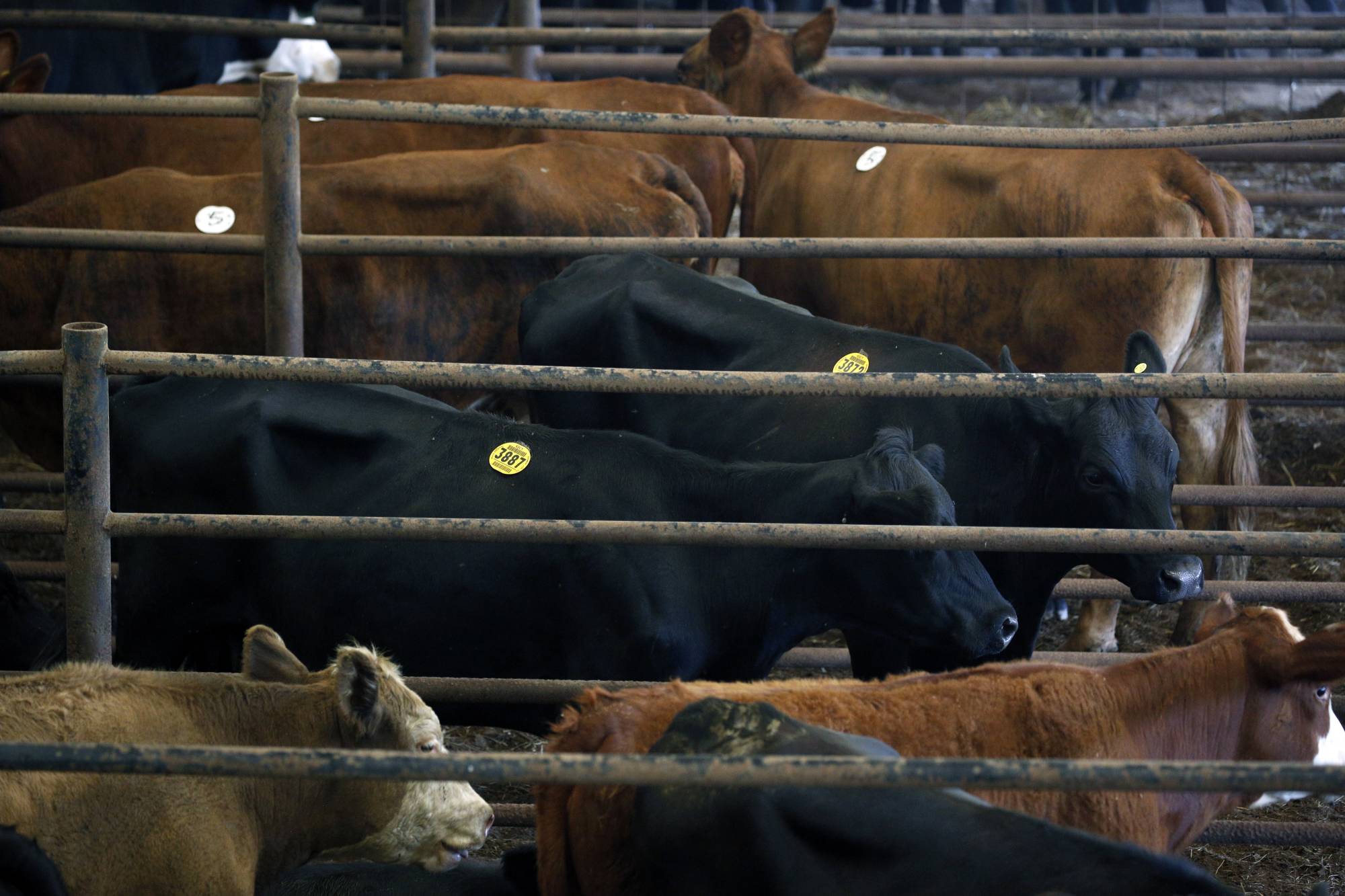Low-methane meat is a thing now. Earlier this week, fast-food chain Burger King unveiled a climate-friendly burger it plans to offer in some U.S. locations. The limited-supply meat comes from cows that are fed lemongrass to reduce the atmospheric impact of their methane-laden belches.
It’s an early move in what may become a race to put low-carbon labels on meat. If emissions from electricity production and transportation eventually come under control, the environmental impact of agriculture — which represents more than 9 percent of U.S. emissions directly — may become the next front in the fight to slow global warming. From farm-to-fork, the agricultural and livestock supply chain represents more than one-third of greenhouse gas emissions by some estimates. And meat is one of the sector’s most damaging products when it comes to the climate crisis.
Nevertheless, low emission burgers are a stop-gap, kind of like using renewable energy to extract oil and gas. A better way to reduce methane from meat is to avoid it in the first place. Until recently, that’s been much easier to do in the grocery aisle than in your portfolio.


















With your current subscription plan you can comment on stories. However, before writing your first comment, please create a display name in the Profile section of your subscriber account page.